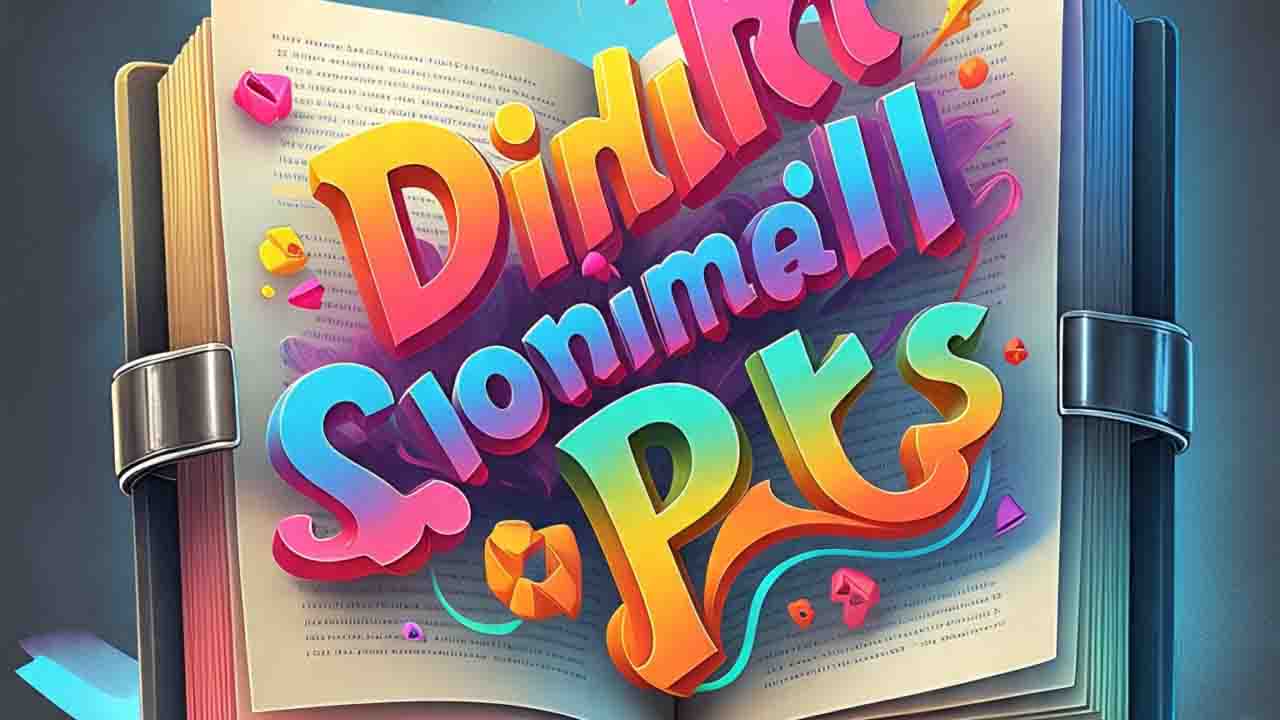
Beyond the Page: Exploring the Rise of Electronic Literature
Pitchwars – Beyond the Page lies a growing world of digital creativity that is reshaping how we define literature in 2025. As technology merges with artistic expression, electronic literature also known as e-lit is taking center stage in the global literary landscape. No longer limited to printed books or static PDFs, today’s literary works can take the form of interactive poems, hypertext fiction, or narratives driven by artificial intelligence.
The term “electronic literature” refers to works that are not just digitized versions of printed text, but pieces created specifically for digital platforms. They may involve visuals, sound, animation, and even user participation. This shift opens the door to immersive reading experiences, where the reader becomes part of the story through choices, clicks, or scrolling paths. In short, it’s literature reimagined for a new generation.
Beyond the Page: Literature Meets Technology
Beyond the Page, literature is evolving alongside the very tools we use to communicate and consume information. Digital-native authors are now coding their own stories, building narrative structures that react to reader behavior or incorporate real-time data. Meanwhile, generative AI tools can produce poetry that adapts in tone and style based on the reader’s mood or preferences.
“Luxury Sleepwear: The New Self-Investment Trend”
These innovative formats challenge traditional storytelling norms. Instead of a fixed beginning, middle, and end, stories might unfold in nonlinear ways, shaped by reader interaction or algorithmic randomness. As a result, literary creation becomes more collaborative, experimental, and inclusive. Readers are no longer just consumers they’re participants.
Beyond the Page: The Future of Creative Writing
Beyond the Page, the future of creative writing looks more fluid and boundary-breaking than ever. Academic institutions, literary journals, and independent platforms are starting to recognize electronic literature as a legitimate and important form of creative expression. Courses and competitions dedicated to e-lit are emerging, encouraging writers to explore new forms beyond ink and paper.
This digital frontier also makes literature more accessible. Through apps, websites, and social platforms, stories can now reach global audiences instantly and interactively. While print will always have its place, it’s clear that the future of storytelling is expanding into new dimensions where words move, react, and evolve.
In this vibrant space where language meets code, literature isn’t disappearing. It’s transforming. And just beyond the page, a new world of narrative possibilities awaits.
“Romeo Charges Like a Rhino – A Witty Scene from Upstart Crow”